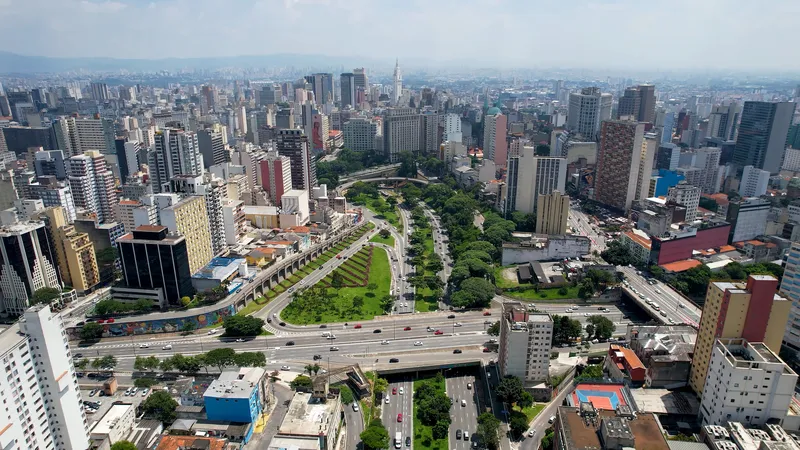As part of the award of a frame agreement worth US$12.8 million for the supply of toll tags, Q-Free is to supply tags to the value of US$4.1 million to Centro Gestao Meios de Pagto (CGMP) in Brazil. Tags valued at US$8.4 million have already been supplied under the agreement. Q-Free says its OBU610 is the most advanced universal toll tag of its kind, designed to blend into the interior of any modern vehicle, small enough not obstruct the driver’s view, and yet powerful enough to support all applicable CEN
January 4, 2013
Read time: 2 mins
As part of the award of a frame agreement worth US$12.8 million for the supply of toll tags, 108 Q-Free is to supply tags to the value of US$4.1 million to Centro Gestao Meios de Pagto (CGMP) in Brazil. Tags valued at US$8.4 million have already been supplied under the agreement.
Q-Free says its OBU610 is the most advanced universal toll tag of its kind, designed to blend into the interior of any modern vehicle, small enough not obstruct the driver’s view, and yet powerful enough to support all applicable CEN 5.8 GHz DSRC protocols for automatic registration, identification and fee collection.
The order will be delivered in the first half of 2013.
“A good start to the year; this kind of order represents an important part of our underlying business. It is also good to see that the announced technology shift in São Paulo is further delayed”, said Q-Free CEO Dr. Øyvind Isaksen, referring to the Brazilian government’s decision to introduce 915 MHz RFID tags in Sao Paulo state from January 2013, and to forbid the sale of CEN DSRC tags from the same date. This resolution has been postponed until March 2013.
Isaksen went on to say, “We have been offering good products and solutions into this market for many years and will continue to do so”.
Q-Free says its OBU610 is the most advanced universal toll tag of its kind, designed to blend into the interior of any modern vehicle, small enough not obstruct the driver’s view, and yet powerful enough to support all applicable CEN 5.8 GHz DSRC protocols for automatic registration, identification and fee collection.
The order will be delivered in the first half of 2013.
“A good start to the year; this kind of order represents an important part of our underlying business. It is also good to see that the announced technology shift in São Paulo is further delayed”, said Q-Free CEO Dr. Øyvind Isaksen, referring to the Brazilian government’s decision to introduce 915 MHz RFID tags in Sao Paulo state from January 2013, and to forbid the sale of CEN DSRC tags from the same date. This resolution has been postponed until March 2013.
Isaksen went on to say, “We have been offering good products and solutions into this market for many years and will continue to do so”.










